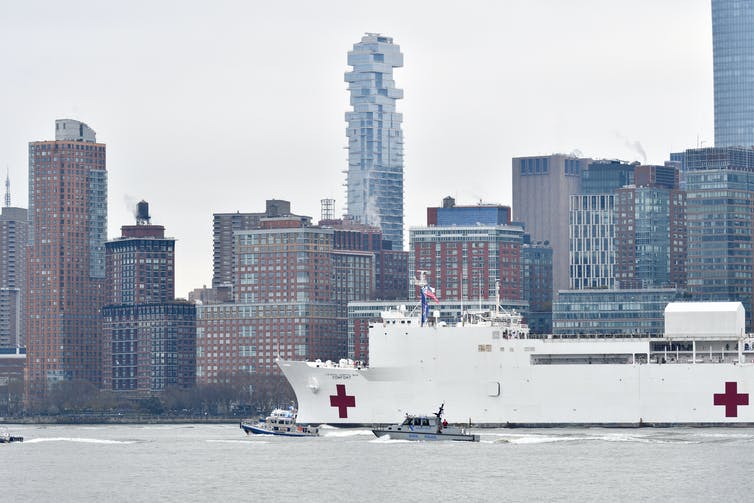The next start-up cities to transform the global economy
During the past decade, much of the discussion about start-up ecosystems has been centred on the question of which city or region will become “the next Silicon Valley.”
Although there are several places with promising growth trajectories, this view is short-sided. It implies there needs to be a new champion overshadowing the old one.
In fact, there will be no “next Silicon Valley”. Instead, new research from Startup Genome’s 2019 Global Startup Ecosystem Report (GSER) points to there being 30 “next” hubs that will reach critical mass and reshape the state of the global economy.
 While none of them will be as big as Silicon Valley in the foreseeable future, each will thrive due to either regional dominance or start-up sub-sector leadership.
While none of them will be as big as Silicon Valley in the foreseeable future, each will thrive due to either regional dominance or start-up sub-sector leadership.
Now, it’s not obvious which ecosystems will end up as the global change agents we predict, but we have some big clues.
The first place to look to determine the next hotspots is at present start-up ecosystem rankings.
12 such ecosystems are:
Greater Helsinki, Finland,Hangzhou, China,Jakarta, Indonesia,Lagos, Nigeria,Melbourne, Australia, Montreal, Canada, Moscow, Russia Mumbai, India, São Paulo, Brazil, Seoul, South Korea, Shenzhen, China, Tokyo, Japan.
When it comes to specific start-up sub-sector leadership, Montreal emerge is one of the global hotspots for artificial intelligence (AI) start-ups.
Since 2016, more than $1 billion has been invested in AI companies located there (including notable startup Element AI), and it has the largest concentration of AI academic researchers in the world. Montreal also hosts the NeurIPS conference, the largest AI event held annually in the world.
Other “Challenger” ecosystems on the list have not created such a strong brand, or ecosystem identity, for themselves yet.
But that is changing rapidly, partly due to aggressive government investment. In Asia-Pacific, for example, Seoul Metropolitan Government stands out with a recent pledge of $1.6 billion in funding for start-ups by 2022.
South Korea is also notable for its R&D spending-to-GDP ratio, which is the highest in the world at 4.55%.
The global start-up community is now the top engine of job creation and economic growth in the world, not only in Silicon Valley.
The next hubs, partly predicted above, will be where the bulk of that growth is occurring and they are where the global economy will be remade, especially in the areas of advanced manufacturing, agricultural tech, AI and blockchain.


